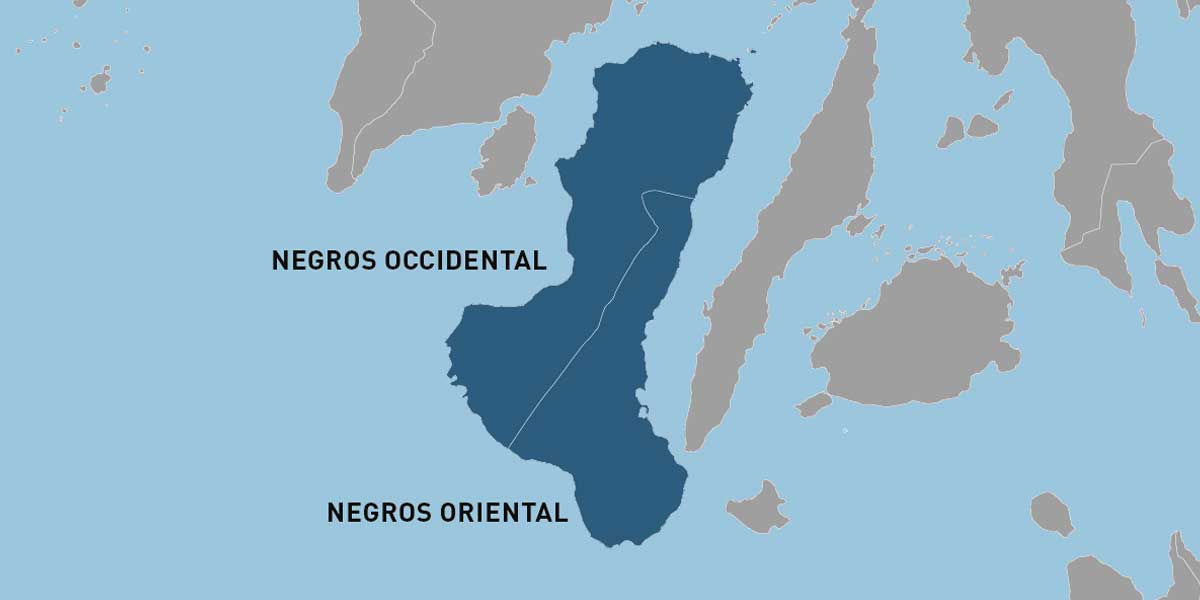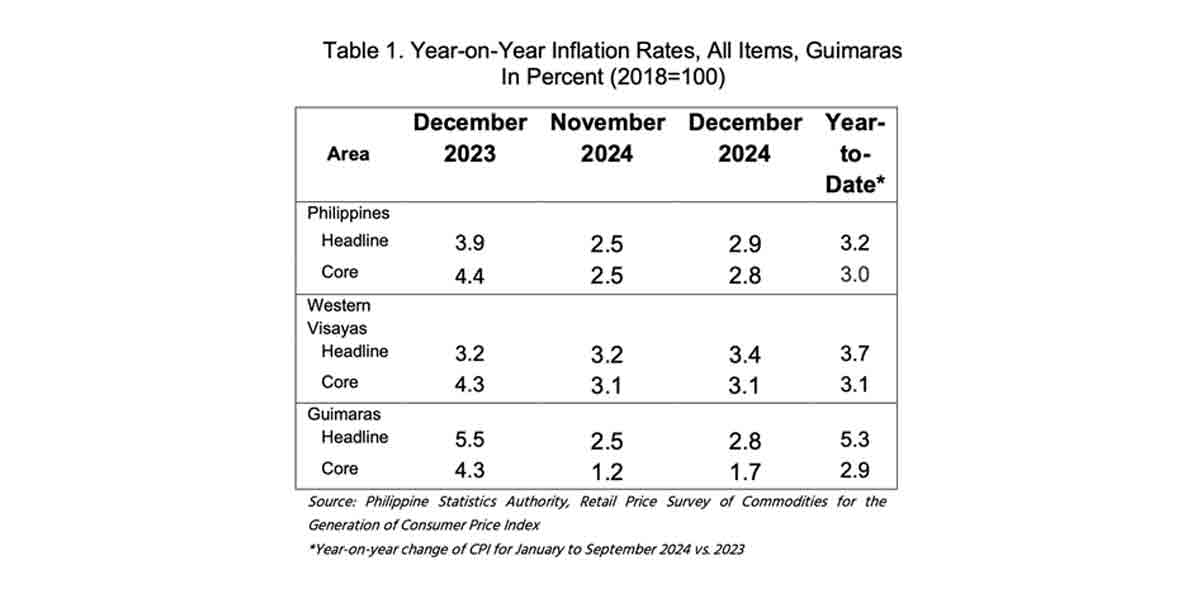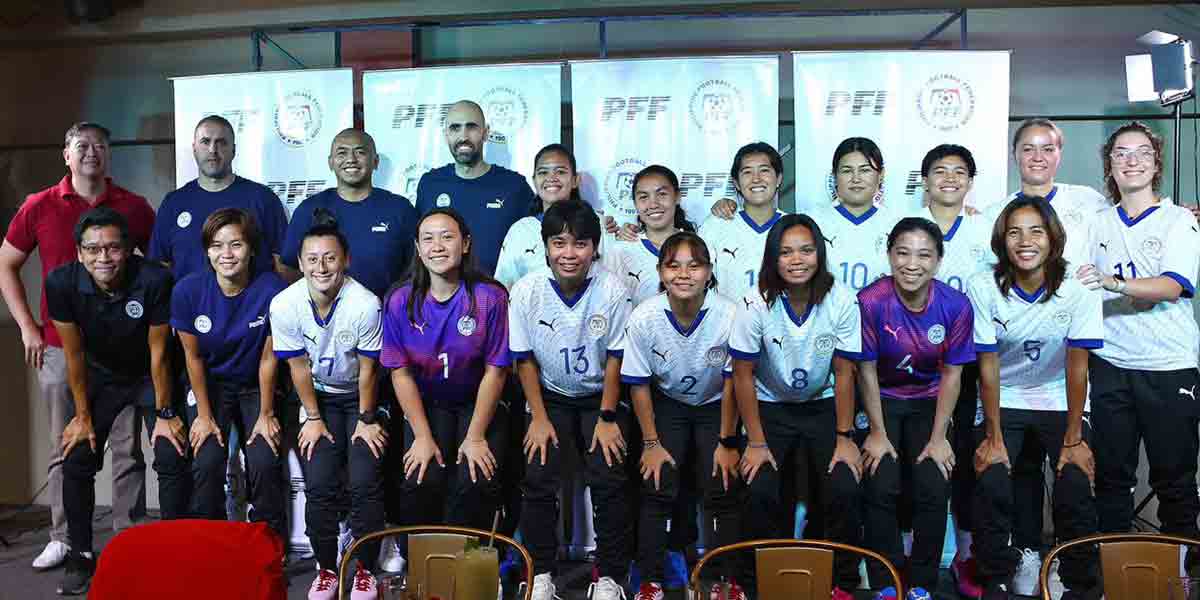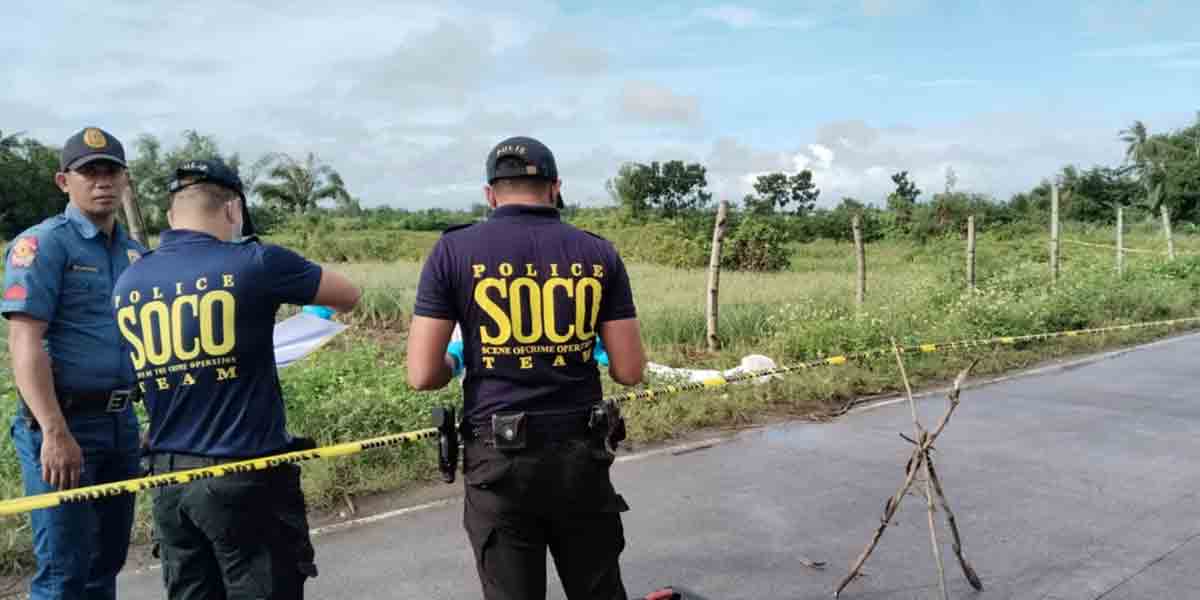 By Alex P. Vidal
By Alex P. Vidal
“Reporters thrive on the world’s misfortune. For this reason they often take an indecent pleasure in events that dismay the rest of humanity.”
—Russell Baker
WE are aware that fellow media workers who pen the articles or broadcast the news or commentaries that earn the ire of onion-skinned public officials and despotic leaders should be hailed as the real heroes and martyrs, not necessarily their publishers or station managers who have nothing to do with the genesis of the litigation.
Heroes if they are hauled into court for libel or cyber-libel or jailed for exposing anomalies in government.
Martyrs if they are killed in the line of duty.
Publishers and station managers themselves become heroes and martyrs if they are jailed or murdered also “in line of duty.”
When a newspaper or a radio station is slapped with a libel case by government authorities—elected and appointed officials, the police, the military—the source or sources of the purported libelous items are normally the reporters, columnists, and anchormen.
But the aggrieved party files the case (libel and cyber-libel are criminal cases in the Philippines; libel is a civil case in the United States) against the reporter as the author, the editor, the publisher, and the circulation officer for the print media.
The aggrieved party sues the anchorman or reporter and the station manager for the broadcast media (there were few cases in the past when the network president was included in the case).
Television networks face the same dilemma with their radio counterparts.
The “fad” nowadays is cyber-libel, which applies primarily to offenders on the internet and social media.
-o0o-
We write this subject matter amid the COVID-19 pandemic after we came across a very interesting story written most recently about Rappler CEO Maria Ressa in the National Public Radio (NPR), which ostensibly immortalized the 56-year-old Filipino-American journalist.
In that article entitled, “Philippine Journalist Maria Ressa: ‘Journalism Is Activism’”, Ressa was quoted as saying: “In a battle for facts, in a battle for truth, journalism is activism.”
The article read: “Ressa, who is internationally known and lauded for standing up to Philippine President Rodrigo Duterte’s escalating attacks on the press, tells NPR that circumstances in the Philippines have forced her to evolve as a journalist.”
It added: “Her news organization’s battles against online disinformation and Duterte’s administration are the focus of A Thousand Cuts, a documentary that debuted in January at the Sundance Film Festival and will be released virtually in the U.S. this Friday (August 7).”
The articles narrated that “Ressa and Rappler, the Manila-based news site she runs, first drew the ire of the Duterte administration soon after he took office in 2016. Rappler started critically covering the president’s brutal war against drugs and has remained in Duterte’s crosshairs as his crackdown on the press has intensified.”
-o0o-
“Over the years, Ressa has seen her reporters expelled from the presidential palace, endured near-constant attacks by pro-Duterte trolls and navigated a slew of lawsuits.
“She tells NPR it was her arrest on charges of cyber libel in February 2019 that changed her thinking about her role. Ressa realized her detention was an abuse of power. On posting bail, she says, “I just started speaking in a way that I would probably not have done,” given her traditional journalistic training.
“Almost immediately after her release, Ressa began to speak more openly against abuse of power and the “weaponization” of Philippine law against journalists and government critics, and appealed for others to do the same.
She tells NPR that becoming part of the story has been a “challenge” but “when your own rights have been abused and you have evidence of that abuse of power, why should you not speak, especially if the data backs it?”
-o0o-
IT appears that Ressa, a media boss who apparently never wrote an article against President Duterte, has become press freedom’s accidental heroine; she became an overnight sensation, a symbol of media oppression, and hailed as a fighter for the victims of harassment and attempt by authoritarian rulers to curtail the press.
As a CEO of Rappler, a social news network, Ressa is equivalent to a publisher in the publication, or a radio and TV station manager.
Publishers don’t (or seldom) write libelous items, or articles that enrage public officials and bad elements in society.
The public may be interested to know “those reporters” who have been “expelled from the presidential palace (and) endured near-constant attacks by pro-Duterte trolls and navigated a slew of lawsuits.”
Those reporters, or their articles, must be the reasons why Mr. Duterte became so enraged at Rappler; those reporters could be the sources of the president’s enmity toward that particular media entity; why he was up in arms—until somebody, a private person, “picked up the cudgels” and sued Ressa, et al for cyber-libel that resulted in their conviction in the trial court.
Strangely, in all the accolades and tiaras heaped upon Ressa internationally and in the Philippines, “those reporters” have been obscured if not recognized.
In fact, “those reporters” should be the ones to be hailed as real heroes of press freedom; “those reporters” should have been Ressa’s Time Magazine co-“Persons of the Year in 2018”.
It’s good to be a paragon of press freedom, but let’s also give credit where credit is due.
(The author, who is now based in New York City, used to be the editor of two local dailies in Iloilo)





















